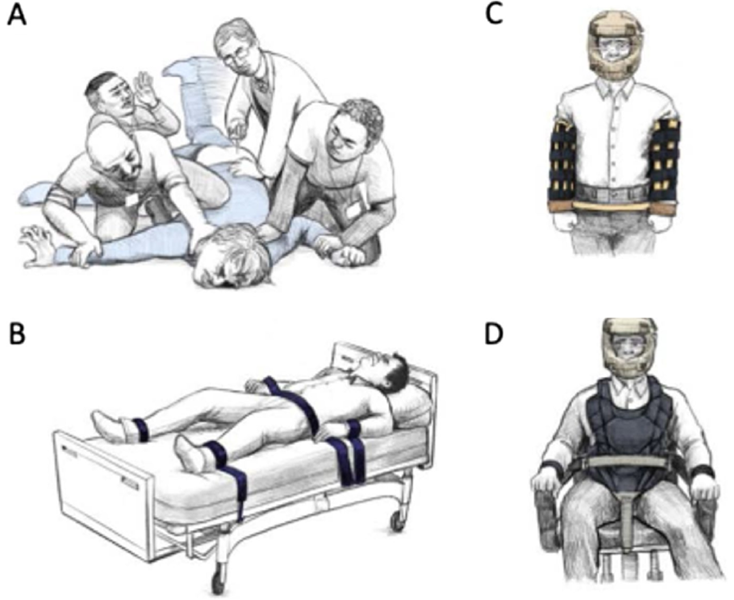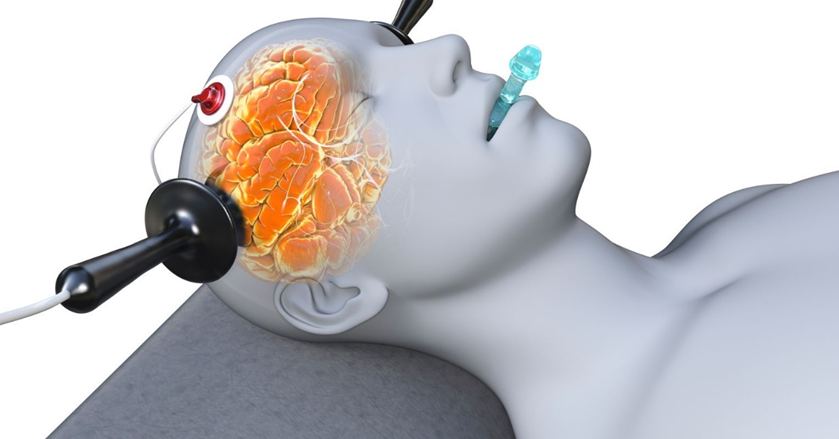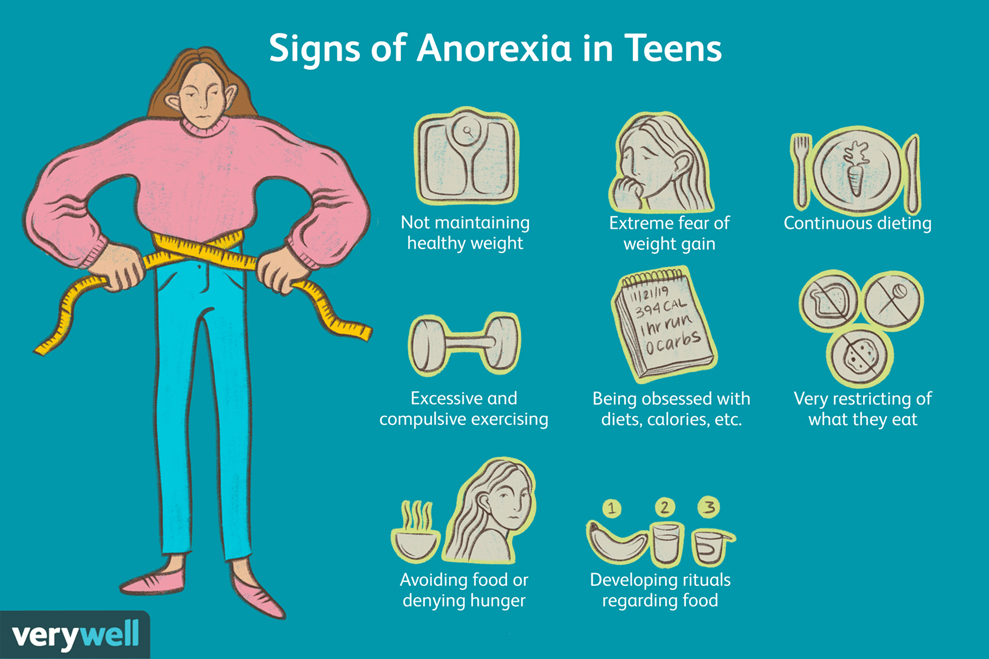A nurse is caring for a client who is in physical restraints. Which of the following actions by the client indicates the restraints can be discontinued?
The client apologizes for their prior behavior.
The client remains in control of their actions.
The client asks to be released from the restraints.
The client signs a behavioral contract.
The Correct Answer is B
Choice A reason:
An apology from the client for their prior behavior, while it may be a positive step towards recovery, does not necessarily indicate that they have regained control over their actions or that they no longer pose a risk to themselves or others. The decision to discontinue restraints should be based on current behavior and risk assessment rather than past actions.
Choice B reason:
The primary goal of using physical restraints is to prevent harm to the patient or others when less restrictive interventions are not effective. If the client demonstrates control over their actions, it suggests that they are no longer at immediate risk of harm, and therefore, discontinuing restraints could be considered³⁴⁵. This aligns with guidelines that advocate for restraint use to be continually assessed and reduced or discontinued as soon as possible.
Choice C reason:
While a request to be released from restraints indicates a desire for freedom, it does not provide enough information about the client's current mental state or risk of harm. The healthcare team must assess whether the client's condition has improved to a point where restraints are no longer necessary.
Choice D reason:
Signing a behavioral contract is a positive step towards establishing trust and setting expectations for behavior. However, it is not an immediate indication that the client can safely have restraints removed. The effectiveness of such contracts depends on the individual's ability to understand and adhere to the agreed-upon behaviors.

Nursing Test Bank
Naxlex Comprehensive Predictor Exams
Related Questions
Correct Answer is C
Explanation
Choice A reason:
Electroconvulsive therapy (ECT) is not considered a cure for major depressive disorders. While ECT can be highly effective in alleviating symptoms of severe depression, it does not prevent future episodes. Patients often require ongoing treatment with medications or psychotherapy to maintain the benefits of ECT.
Choice B reason:
During ECT, the patient is not awake and alert. The procedure is performed under general anesthesia, meaning the patient is unconscious and does not feel the electrical stimulation or the induced seizure. This ensures the procedure is painless and the patient is unaware during the treatment.
Choice C reason:
It is common for patients to experience confusion for a few hours after ECT. This confusion is partly due to the anesthesia and partly due to the treatment itself. In most cases, the confusion resolves within a few hours, but it can sometimes last longer, especially in older adults.
Choice D reason:
ECT does not stimulate the vagus nerve. Vagus nerve stimulation (VNS) is a different treatment that involves using a device to send electrical impulses to the vagus nerve. ECT works by inducing a controlled seizure in the brain, which can help alleviate symptoms of severe depression.

Correct Answer is B
Explanation
Choice A reason:
Reinforcing teaching about coping mechanisms is a task that requires clinical judgment and the application of nursing knowledge, which are responsibilities that cannot be delegated to assistive personnel. Nurses are responsible for the initial teaching and ongoing reinforcement of coping mechanisms, as they have the training to assess the client's understanding and provide appropriate education.
Choice B reason:
Sitting with a client during mealtimes does not require clinical judgment or specialized nursing knowledge and can be delegated to assistive personnel. This task involves providing support and encouragement to the client, as well as monitoring the client's intake, which are within the scope of duties that assistive personnel can perform.
Choice C reason:
Discussing relapse prevention with the family of a client who has schizophrenia involves therapeutic communication and education that must be based on nursing assessment and planning. This task requires the nurse's expertise in mental health and cannot be delegated to assistive personnel.
Choice D reason:
Administering a rectal suppository is a medication administration task that involves nursing judgment related to assessing the client's condition and understanding the medication's effects. This task cannot be delegated to assistive personnel, as they are not licensed to administer medications.

Whether you are a student looking to ace your exams or a practicing nurse seeking to enhance your expertise , our nursing education contents will empower you with the confidence and competence to make a difference in the lives of patients and become a respected leader in the healthcare field.
Visit Naxlex, invest in your future and unlock endless possibilities with our unparalleled nursing education contents today
Report Wrong Answer on the Current Question
Do you disagree with the answer? If yes, what is your expected answer? Explain.
Kindly be descriptive with the issue you are facing.
